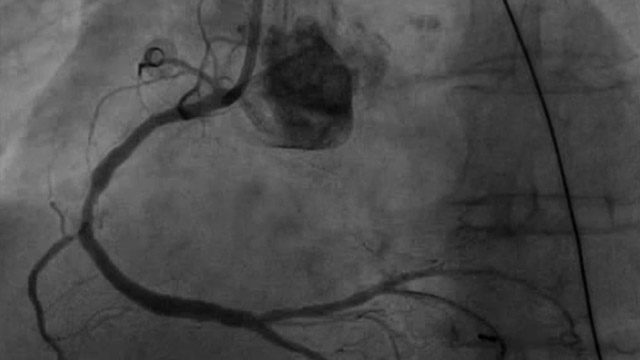408 results
PCR Spotlight: STEMI management in the context of COVID-19: STEMI Service Reorganisation
21 Apr 2020
Bernard Prendergast, London, interviews Flavio Ribichini, Verona, about how the reorganisation of the STEMI service during COVID-19.

PCR Spotlight: STEMI management in the context of Covid-19: Diagnosis
20 Apr 2020
Interventional Cardiologists Andreas Baumbach, London, UK, Giulio Stefanini, Milan, Italy, discuss diagnosis during the COVID-19 crisis

PCR Spotlight: STEMI management in the context of Covid 19 - Practical considerations for the interventionist
17 Apr 2020
View this discussion between Bernard Prendergast, London, United Kingdom, and Thierry Lefèvre, Massy, France.

PCR on Call: Late STEMI presentation during COVID-19 outbreak
17 Apr 2020
N. Dumonteil, B. Farah and O. Wendler discuss the case of a patient presenting with late inferior STEMI with RCA PCI, transferred because of ventricular septal rupture.
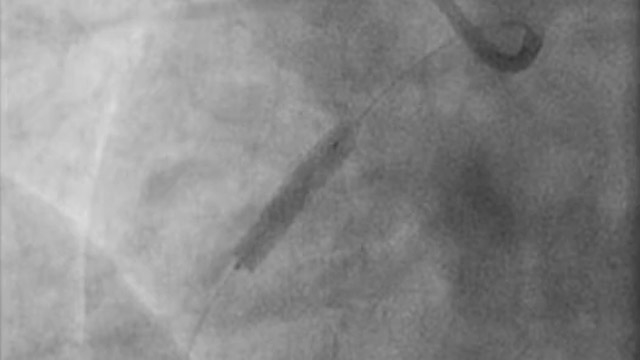
PCR on Call: management of inferior STEMI in a COVID-19 patient
12 Apr 2020
In this video, Elad Maor, Flavio Ribichini and William Wijns discuss the case of an immunosuppressed COVID (+) patient with hypertension, scleroderma and acute dizziness.
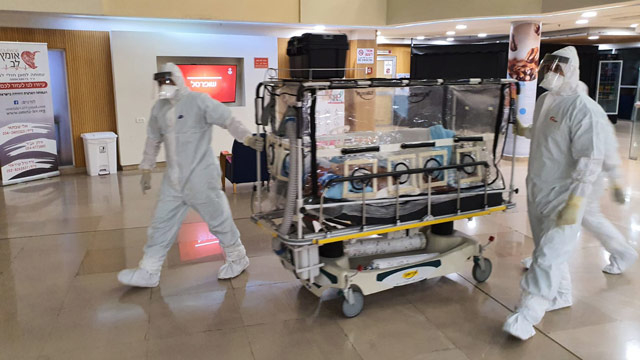
PCR Spotlight: case management in the cath lab during Covid-19 pandemic
06 Apr 2020
Reschedule all non-urgent procedures, keep primary PCI as the treatment of choice for STEMI patients, perform bedside procedures whenever possible...
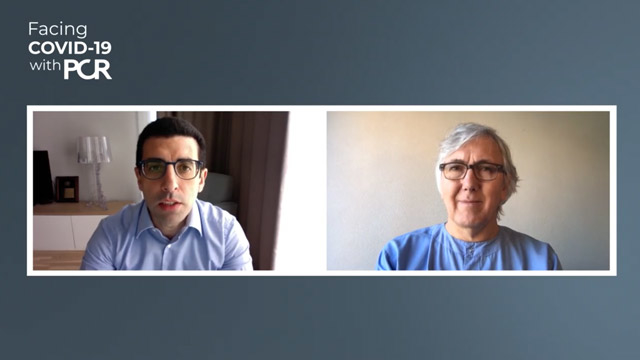
Rotational atherectomy in anterior STEMI
20 Aug 2019
This is the case of an 83-year-old woman with arterial hypertension, hypercolesterolemia, onset of continuous chest pain at rest with anterior STEMI on ECG and medicated with ASA and Ticagrelor and transferred to the cathlab.

Author
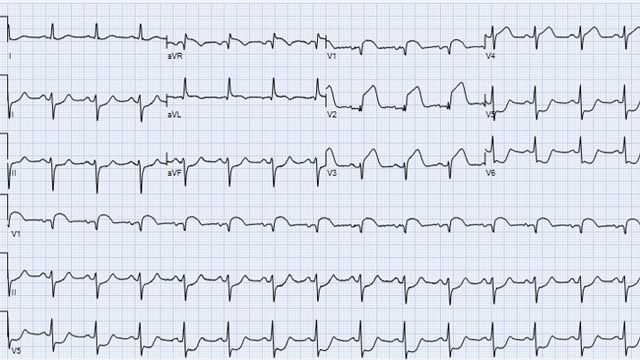
Defining together a treatment strategy for calcified CAD in a patient with multivessel disease
20 Jun 2019
This is the case of a 68 year old female patient, autonomous and physically robust. She has been diabetic for 10 years, but without cardio-vascular antecedents. She was admitted for chest pain at rest, lasting around 70 minutes with signs of STEMI in the inferior leads...

Author
